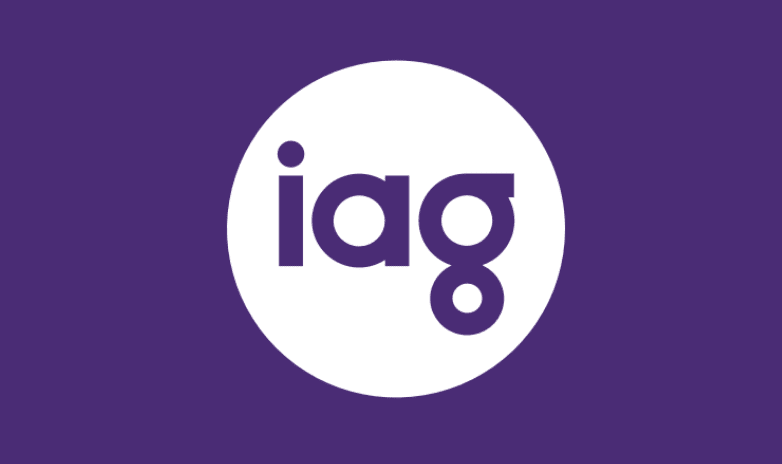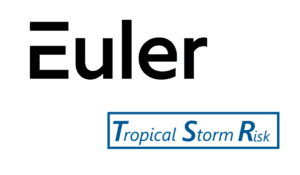IAG’s natural perils over budget again, reinsurance costs up $220m in three years

Australian insurance giant IAG is expecting to go over its natural perils budget again this financial year, despite having revised it higher after weather losses already suffered, while higher reinsurance costs are cited as a significant driver of its desire to continue making inward rate.
At its investor day today, IAG’s executives highlighted the continued challenges the insurer faces, with inflation and reinsurance costs, alongside elevated catastrophic weather losses all denting profitability.
IAG is responding with 20% to 30% property insurance rate rises, 15% to 20% for commercial business and around 20% for auto.
This rate growth is expected to continue, as the company deals with persistently high inflation, its loss experience and much higher reinsurance costs.
Natural perils, largely severe weather related have been above budget for almost every full fiscal year of late and in 2023 IAG had already raised its natural peril allowance, but still expects to eclipse it.
The New Zealand floods earlier this year caused a significant erosion of the natural perils allowance, with IAG saying that it had eroded roughly 73% of the deductible sitting beneath its aggregate reinsurance after that event.
As a result, IAG increased its fiscal-year natural perils allowance to $1.145 billion, up from $909 million.
However, today at the investor day, CEO Nick Hawkins cautioned that any positives were “likely to be offset by natural perils which will be moderately over the revised expectation, assuming an average June month.”
IAG also disclosed this morning that its reinsurance costs have risen by roughly $220 million in just three years, while at the same time all of its attachment points are higher and its standard natural perils allowance is up by around $135 million as well.
Hawkins said the company has “implemented premium increases which appropriately anticipate future claims and reinsurance costs.”
But also noted that alongside “material changes in global reinsurance markets” the insurer has also been dealing with three years of La Nina weather, “amplified by climate change,” alongside the “sudden increase in inflation.”
Of course, with El Nino now coming into focus the weather mix is likely to shift and bushfires could become a threat again in Australia, so it does not seem IAG and the other Australian insurers will see any particular let-up in loss costs, or in reinsurance pricing.





